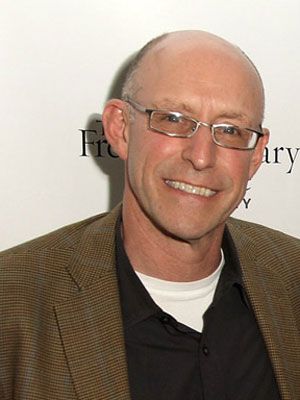
Stick with the naturally colorful supermarket perimeter foods that don’t stock perfectly on a shelf. The reason you’re not seeing an apple containing claims like “50% lower fat” or “high in vitamin C!” or Lebron James on the package is that there’s usually no packaging for the healthiest foods, they’re not engineered (GMO apples excluded), and the apple farmer simply doesn’t have the budget to make a marketing campaign.

In a 2020 study on 1,723 products sold in a marketplace, 10% had at least one health claim, 33% of them were credible, and 40% of the foods with health claims were considered “less healthy products.” They contain buzzwords and eye-catching phrases meant to separate it from the products right next to it on the shelf. These claims that foods make tend to be empty and vague (and the FDA rules surrounding them even vaguer).

“Avoid food products that make health claims.”.As Michael Pollan writes, “Today foods are processed in ways specifically designed to get us to buy and eat more by pushing our evolutionary buttons–our inborn preferences for sweetness and fat and salt.” We call these products “food” but your great-grandmother probably wouldn’t (Go-Gurt?). These are lucrative businesses with high-paid food scientists creating hyper-palatable food-like products with great marketing. Ten companies control almost every food and beverage brand and with none of them does “healthy” come to mind (Nestle, Pepsico, Kellogg’s….). The food industry has changed more in the last few decades than in the last few centuries. This is the only rule that will change from generation to generation.

“Don’t eat anything your great-grandmother wouldn’t recognize as food.”.I have plenty of pages bookmarked but I’ll highlight two of my favorite rules for each part with some commentary. Not too much.” The book is truly a manual with each rule laid out on a page or two and a rationale underlying the rule. It contains 64 rules divided into three parts for each sentence of Michael Pollan’s most famous phrase: “Eat food. One of his lesser-known books, Food Rules: An Eater’s Manual, is one of my go-to’s for anyone who needs some guard rails on changing their diet. These challenged the status quo and had plenty of rave reviews.

Michael Pollan is best known for books like The Omnivore’s Dilemma, I n Defense of Food, and How to Change Your Mind. “Human beings ate well and kept themselves healthy for millennia before nutritional science came along to tell us how to do it it is entirely possible to eat healthily without knowing what an anti-oxidant is.”


 0 kommentar(er)
0 kommentar(er)
